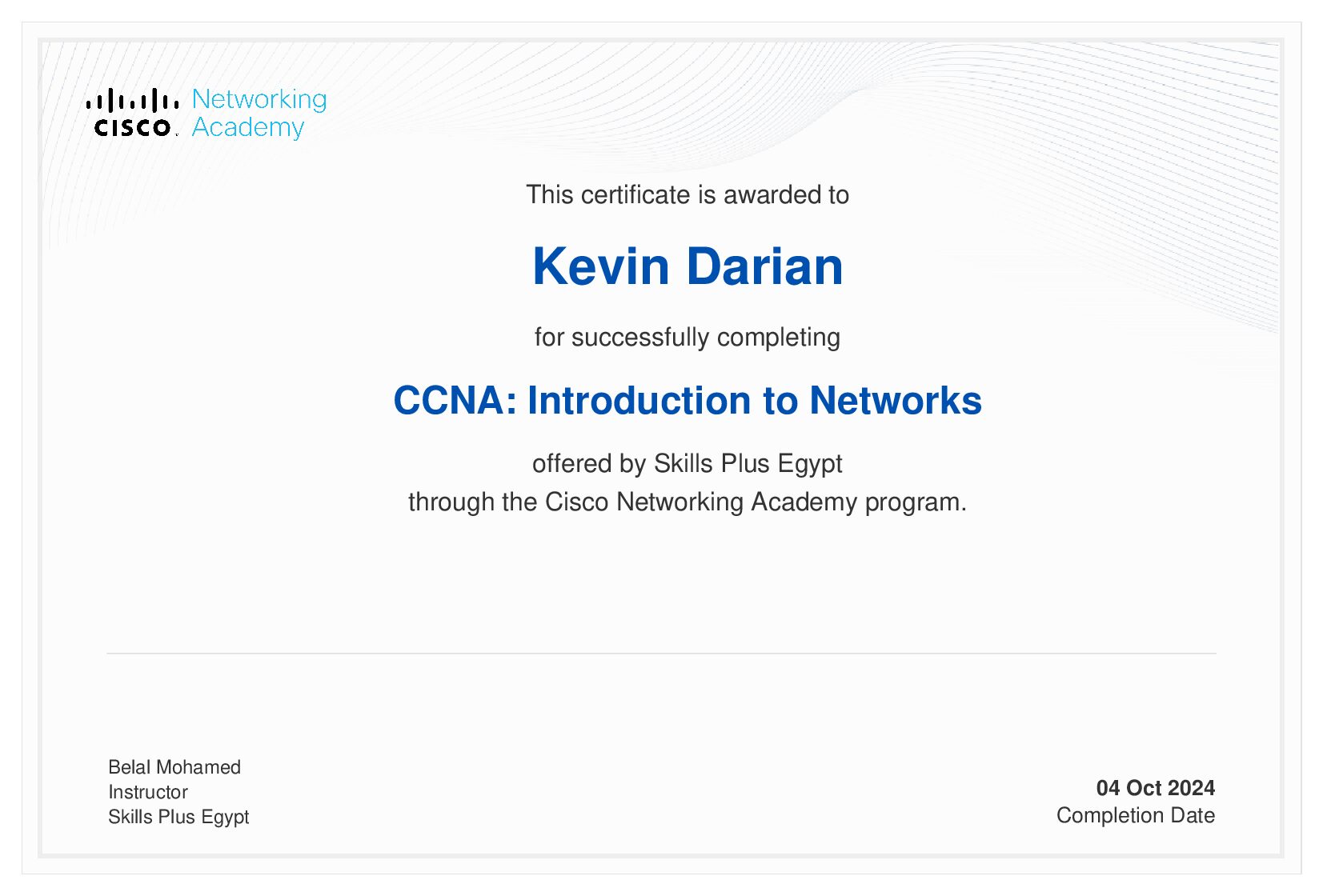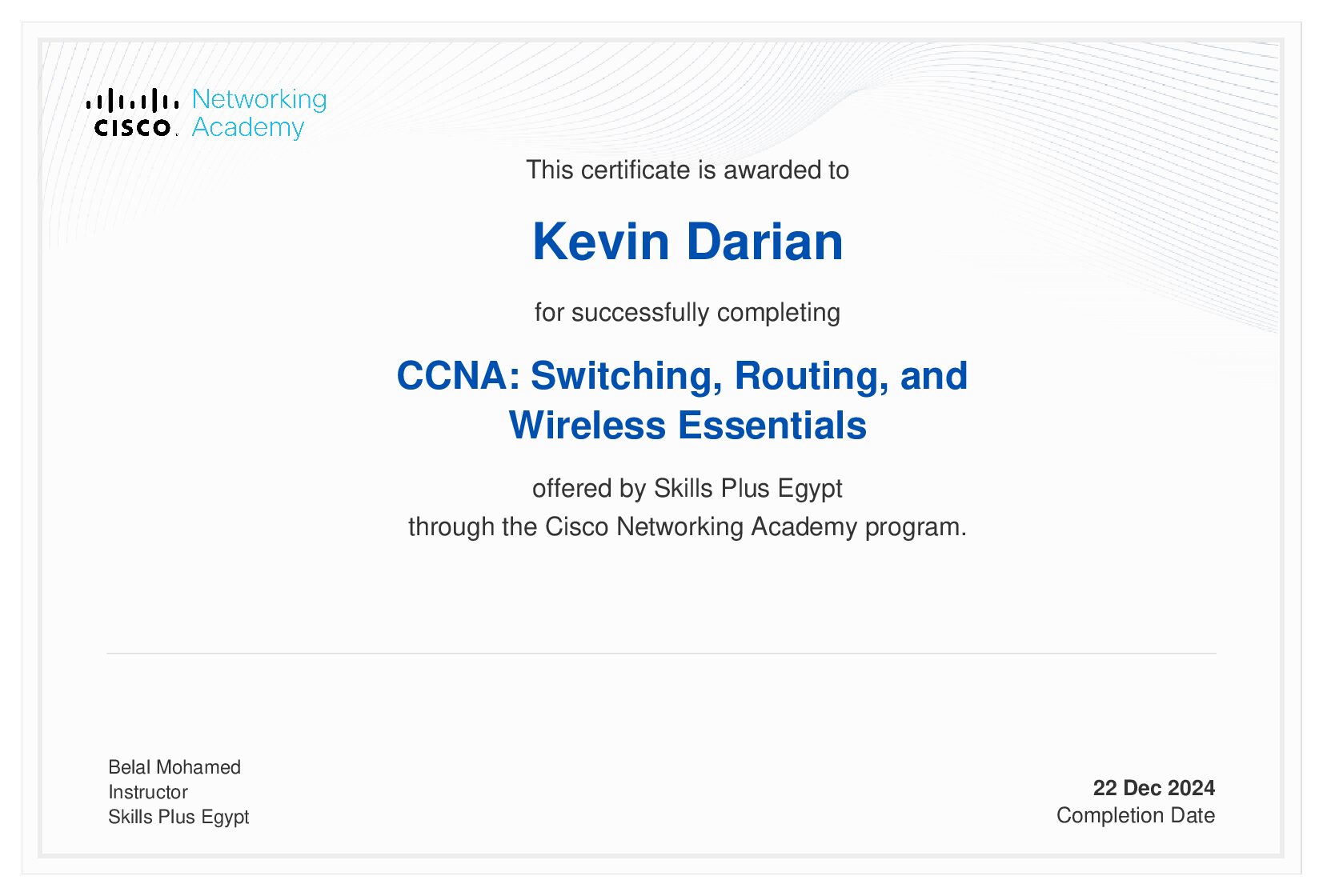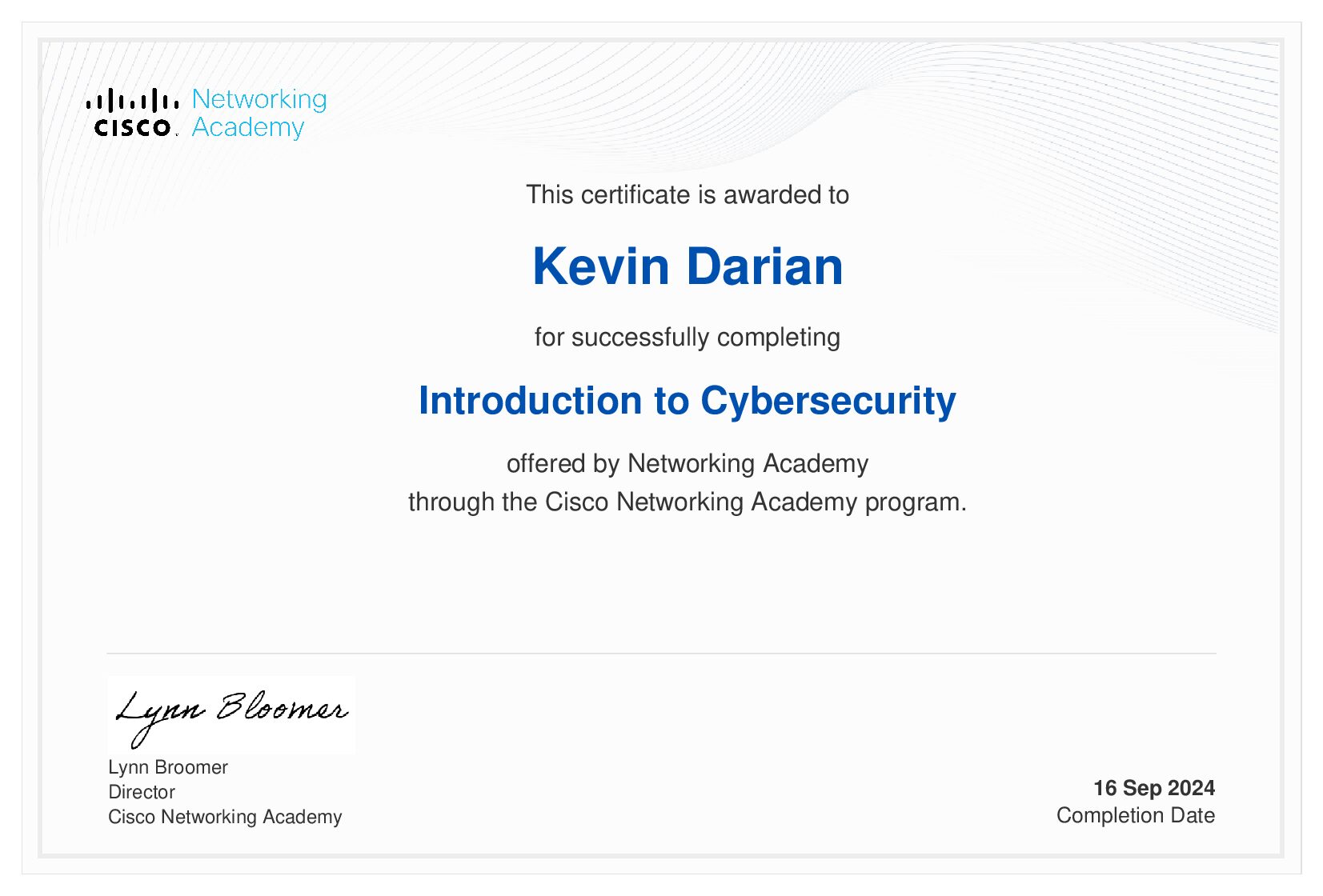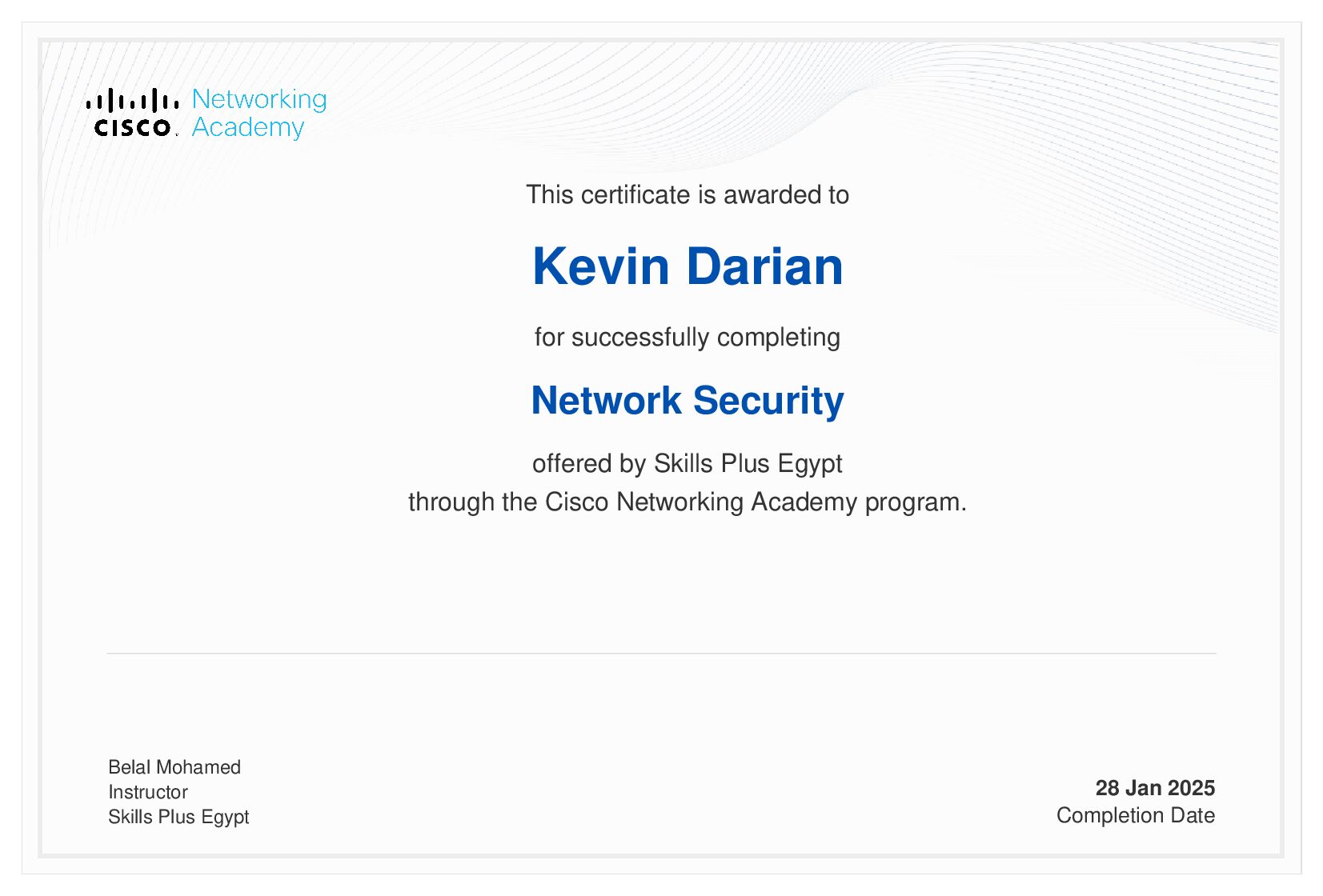The demand for network engineers in Nigeria is growing rapidly due to the increasing reliance on digital infrastructure. Businesses, government institutions, and tech startups require skilled network professionals to design, implement, and maintain secure and efficient networks. If you’re looking to become a network engineer in Nigeria in 2025, this guide provides a step-by-step approach, covering the necessary skills, certifications, job opportunities, and career growth strategies.
Table of Contents
Who is a Network Engineer?
A network engineer is responsible for designing, implementing, managing, and troubleshooting an organization’s networking infrastructure. This includes local area networks (LANs), wide area networks (WANs), cloud networking, cybersecurity measures, and network automation.
Why Become a Network Engineer in Nigeria?
1. High Demand for Networking Professionals
With Nigeria’s growing digital transformation, businesses require strong networking infrastructures. The rise of fintech companies, remote work, and cloud computing has further increased the demand for network engineers.
2. Lucrative Salary Opportunities
Network engineers in Nigeria earn competitive salaries. Entry-level positions pay around ₦200,000–₦400,000 per month, while experienced professionals can earn ₦700,000 or more, depending on skills and certifications.
3. Diverse Career Paths
Network engineers can specialize in various fields, including cybersecurity, cloud networking, and network automation, allowing for career flexibility and growth.
4. Global Career Opportunities
With globally recognized networking certifications, Nigerian network engineers can secure remote jobs with international companies or migrate to countries with a high demand for IT professionals.
Steps to Becoming a Network Engineer in Nigeria (2025)
1. Obtain a Strong Educational Background
While a degree is not mandatory, it can be beneficial. Consider studying Computer Science, Information Technology, or Electrical Engineering at a recognized Nigerian university or polytechnic.
Alternative Paths:
- If you don’t have a degree, you can still become a network engineer by gaining practical experience and networking certifications.
- Online courses and boot camps can provide foundational knowledge in networking.
2. Learn the Basics of Networking
Before pursuing certifications, familiarize yourself with networking concepts such as:
- IP addressing (IPv4 and IPv6)
- Subnetting
- Routing and switching
- Network security fundamentals
- TCP/IP and OSI model
Recommended Free Resources:
- Cisco Networking Academy
- FreeCodeCamp (YouTube)
- CompTIA Network+ study materials
3. Get Certified in Networking
Certifications validate your skills and improve job prospects. Here are the best networking certifications in 2025:
Entry-Level Certifications:
- CompTIA Network+ – Ideal for beginners
- Cisco Certified Network Associate (CCNA) – A must-have for aspiring network engineers
- Juniper Networks Certified Associate (JNCIA-Junos) – Alternative to CCNA
Intermediate and Advanced Certifications:
- Cisco Certified Network Professional (CCNP) – Specialize in enterprise networking
- Certified Information Systems Security Professional (CISSP) – Focus on security
- Microsoft Certified: Azure Network Engineer Associate – For cloud networking
- AWS Certified Advanced Networking – Specialty – For cloud-based network engineering
4. Gain Hands-On Experience
Certifications alone won’t make you a great network engineer. You need practical experience, which you can get through:
- Internships: Apply for internships at ISPs, tech companies, or corporate IT departments.
- Freelancing: Offer network setup and troubleshooting services on platforms like Upwork and Fiverr.
- Home Labs: Set up networking environments using GNS3, Cisco Packet Tracer, or EVE-NG.
5. Learn Network Automation and Cloud Networking
In 2025, network engineers must have automation and cloud computing skills.
- Learn Python for network automation (Ansible, Terraform, Netmiko)
- Understand cloud networking (AWS, Azure, Google Cloud)
- Familiarize yourself with SDN (Software-Defined Networking)
6. Build a Strong Professional Network
Networking is essential in IT. To increase job opportunities:
- Join tech communities: Nigeria Network Operators Group (ngNOG), Cisco Networking Academy, and LinkedIn groups.
- Attend conferences and meetups: Tech events and job fairs help with networking.
- Engage in online forums: Participate in discussions on Reddit, Stack Overflow, and networking-related Discord groups.
7. Apply for Networking Jobs in Nigeria
Once you have the required skills, start applying for jobs.
Where to Find Network Engineering Jobs in Nigeria:
- Job sites: Jobberman, LinkedIn, Indeed
- Company websites: Apply directly to banks, telecom companies, and IT firms
- Government and NGO IT positions
Common Job Titles to Look For:
- Network Engineer
- Network Administrator
- IT Support Engineer
- Cloud Network Engineer
- Cybersecurity Engineer
How to Stand Out as a Network Engineer in Nigeria
1. Build a Portfolio
Having a personal portfolio website (e.g., kevindarian.com) showcasing your networking projects can help attract employers.
2. Contribute to Open Source Projects
Engage in networking-related GitHub projects to demonstrate practical experience.
3. Stay Updated with Industry Trends
Follow top networking blogs, take online courses, and read networking-related news.
4. Improve Soft Skills
Employers value communication, teamwork, and problem-solving skills. Work on explaining technical issues in a non-technical way.
Conclusion
Becoming a network engineer in Nigeria in 2025 requires a combination of education, certifications, hands-on experience, and networking skills. Whether you have a degree or not, following the steps outlined in this guide will set you on the right path to a successful career.
Start today by enrolling in a networking course, getting your first certification, and gaining practical experience. The future of networking in Nigeria is bright, and now is the best time to become a network engineer!
External Resources:























0 Comments